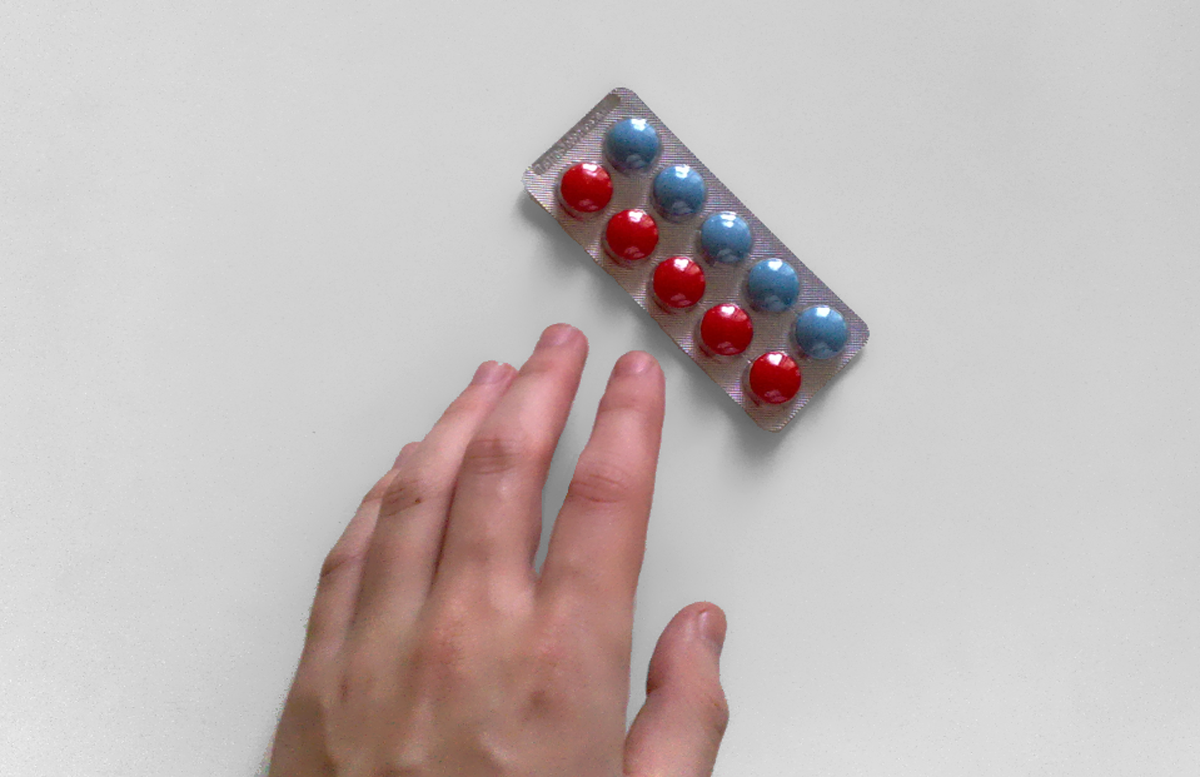Table of Contents
That headache is killing you and there is no point in going to the doctor just because you're experiencing one of the most common ailments out there.
What do you do? You'd probably take a paracetamol or another over-the-counter pain relief pill. You may make this choice because your doctor prescribed it to you for fever and you know it's also a painkiller, or simply because taking OTC painkillers is a very common and socially accepted practice, and you need the pain to go away.
Most of the time, you'd be absolutely right to make this choice. Your over-the-counter drug will do what you want it to, and your headache won't be caused by a more serious underlying condition.

Let's take a look at another scenario, though. Your child has diarrhea. He ate quite a lot yesterday, and it might just be the effect of a heavy dinner, so you decide to give him an anti-diarrheal purchased from your local pharmacy without a prescription — pediatrician not included. Of course, you didn’t just medicate your child without any professional help, which would be irresponsible; you actually asked "Dr Google" what to do.
Or another one. Now, instead of having a one-off headache, you're suffering from them continuously. Instead of seeking medical attention, you continue to pop those painkillers just to get through your daily responsibilities. Sure, you think it's odd, not to mention distressing, that you keep having these headaches (are they migraines?), but you don't have time to check in with your doctor.
The beginnings of self-medication
Who hasn’t self-medicated before? The history of this practice starts in ancient cultures, where even though there were people who specialized in treating sickness, health was more a matter of self-care. Times have changed though, and with them, diseases have evolved and new treatments and cures have been developed.
Self-medication is a common practice in our society and it has become easier to self-medicate thanks to internet-fueled easy access to information.
The advantages of self-medication
But how bad can this practice be? Should it be completely banned?
Actually, the World Health Organization (WHO) does not consider self-medication as a bad practice as long as it is “responsible”.
These medicines should comply with safety and effectiveness standards that allow the general public to use them without professional vigilance, but following the directions of a doctor, a pharmacist or the leaflet provided by the pharmaceutical company.
See Also: Do You Take Too Many Medications With You When You Travel?
What are the advantages of a responsible self-medication? Well, first of all, you don’t have to visit a doctor every time you feel sick, reducing the costs of health care costs for you, if you tend to use private health care, and for the government, when talking about public health programs.
Responsible self-medication also reduces the work burden of public health institutions, especially in places where these are limited, and allows them to provide a better attention to the users. It could prevent you from having to take sick days, too.
- Photo courtesy of Taston by Flickr : www.flickr.com/photos/taston/3428932672
- Photo courtesy of je1196 by FreeImages : www.freeimages.com/photo/151747
- apps.who.int/medicinedocs/en/d/Jwhozip32e/3.3.html
- www.wsmi.org/pdf/storyofselfcare_bdpage.pdf
- http://apps.who.int/medicinedocs/en/d/Jh1462e/1.html
- www.ncbi.nlm.nih.gov/pmc/articles/PMC2964771/

